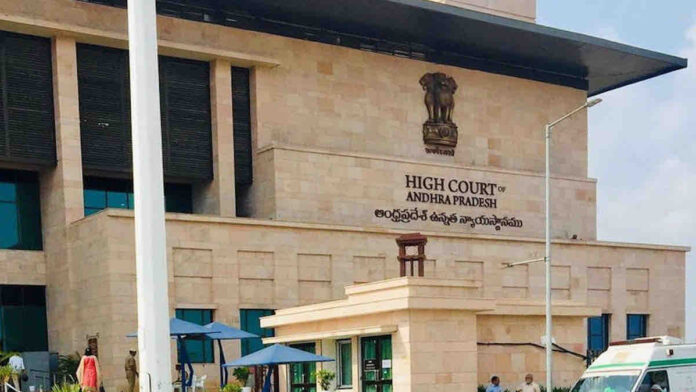In a landmark decision emphasizing the importance of procedural integrity, the Andhra Pradesh High Court, led by Justice Dr. V.R.K. Krupa Sagar, granted bail to Pangi Prasanjit Das (A.1) in Criminal Petition No. 6709 of 2024. The court underscored that failure to adhere to due process can invalidate extended detentions, particularly in sensitive cases under
To Read More Please Subscribe to VIP Membership for Unlimited Access to All the Articles, Download Available Copies of Judgments/Order, Acess to Central/State Bare Acts, Advertisement Free Content, Access to More than 4000 Legal Drafts( Readymade Editable Formats of Suits, Petitions, Writs, Legal Notices, Divorce Petitions, 138 Notices, Bail Applications etc.) in Hindi and English.




